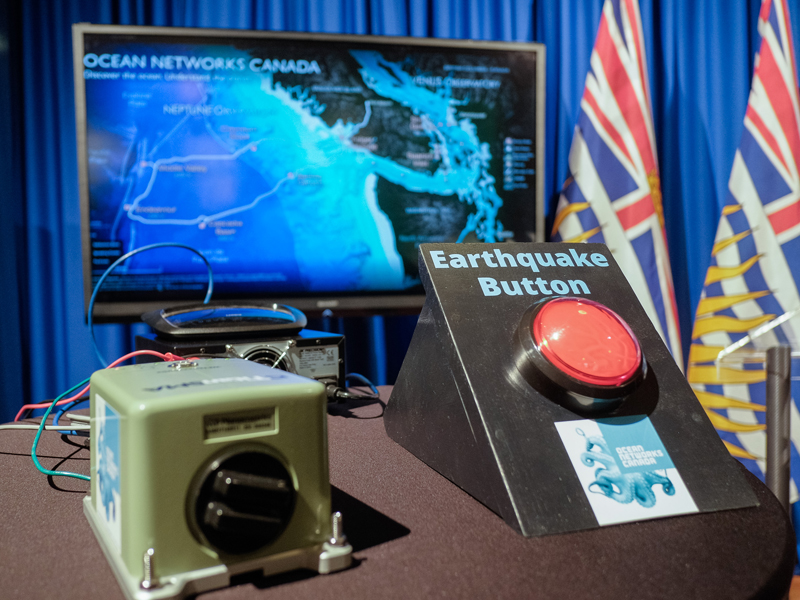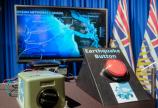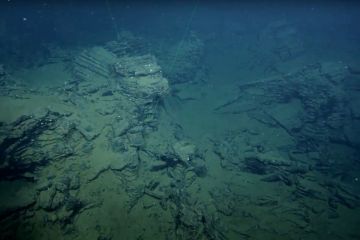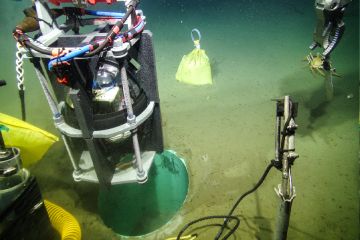When every second counts...

Scientists the world over can’t yet reliably predict an earthquake. But they’re making technological advances to rapidly detect an earthquake just as it begins to happen.
The University of Victoria’s Ocean Networks Canada (ONC) has teamed up with UVic electrical engineering students to demonstrate how ONC earthquake notification technology and a student-designed alert system can provide vital seconds to help people make important decisions—before the shaking starts.
Engineering students Daylan O’Neil and Dennis Young developed the earthquake alarm prototype in their fourth-year electrical engineering design project class. Young was then hired as a co-op student by ONC to further the design of the alarm and integrate it into a demonstration of earthquake early warning.
Using a big countdown timer and video, the demo takes a magnitude 9.0 megathrust scenario—the Big One—to show how ONC’s offshore sensors can detect the first signs of an earthquake and send out notifications in real time that could save lives and automatically mitigate damage.
ONC manages and operates world-leading cabled ocean observatories off the coast of southern British Columbia. More than 200 undersea instruments connected to the Internet continuously send data in real-time from a range of seafloor environments.
ONC has installed seismic sensors on the ocean floor close to the source of the Cascadia subduction zone, where the Juan de Fuca and North American plates converge. Together with land-based instruments, ONC technology monitors for earthquakes in real-time and generates notifications—in seconds—in this case, to an earthquake alarm developed by UVic electrical engineering students, based on the sample earthquake scenario.
“ONC is the only organization in Canada that has earthquake sensors offshore,” says Adrian Round, director of observatory operations and a director of UVic’s Emergency Operations Centre. “With just a few seconds of warning, automatic systems can slow trains, shut down gas lines, halt surgeries and keep fire hall bay doors open. And people of all ages can find a safe place to drop, cover and hold on until the shaking stops.”
Monitoring earthquakes and getting accurate information to people quickly is critical to public safety. BC does not yet have a comprehensive earthquake early warning system in place.
“ONC provides the sensor data to help make decisions, when seconds count,” adds Round. “But further development and implementation of an effective early warning system will require a huge collaborative effort involving governments, science, industry, and the will of the public.”
Photos
In this story
Keywords: earthquake, Ocean Networks Canada





